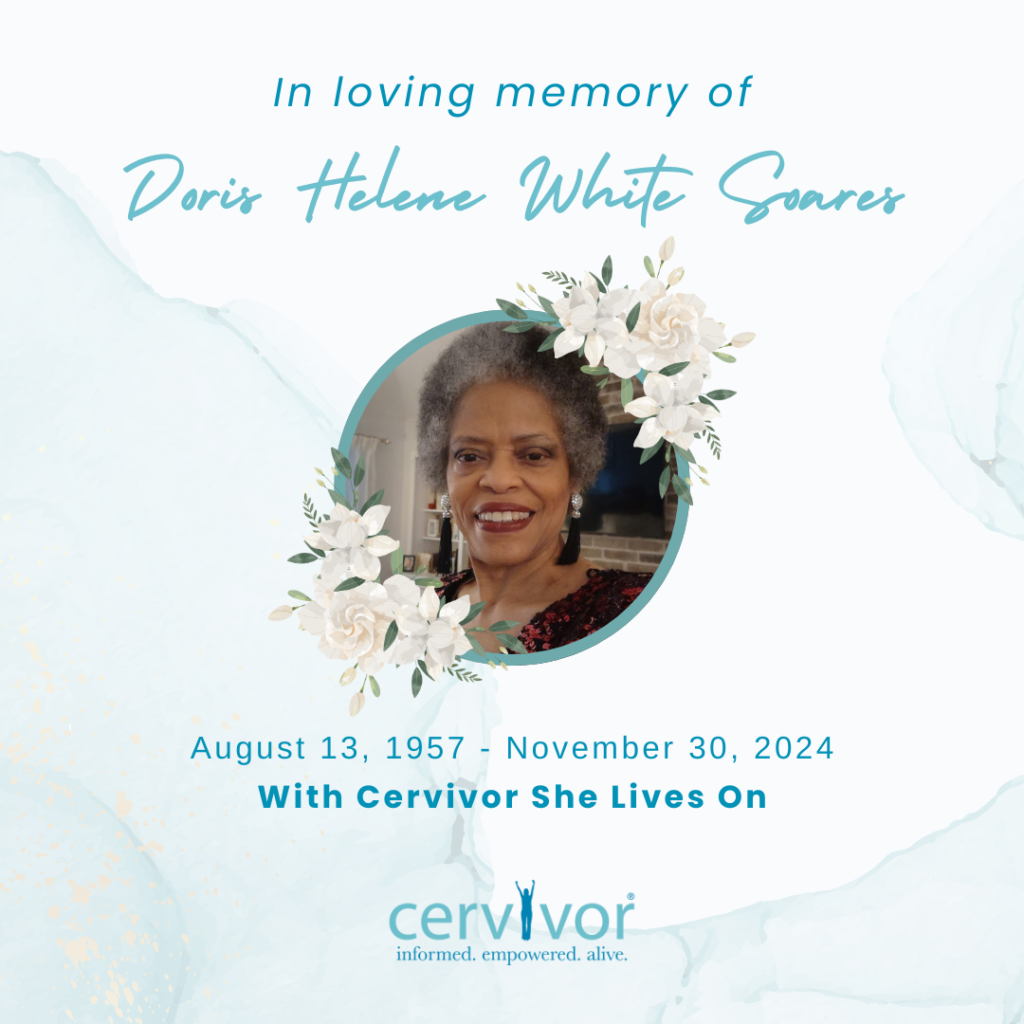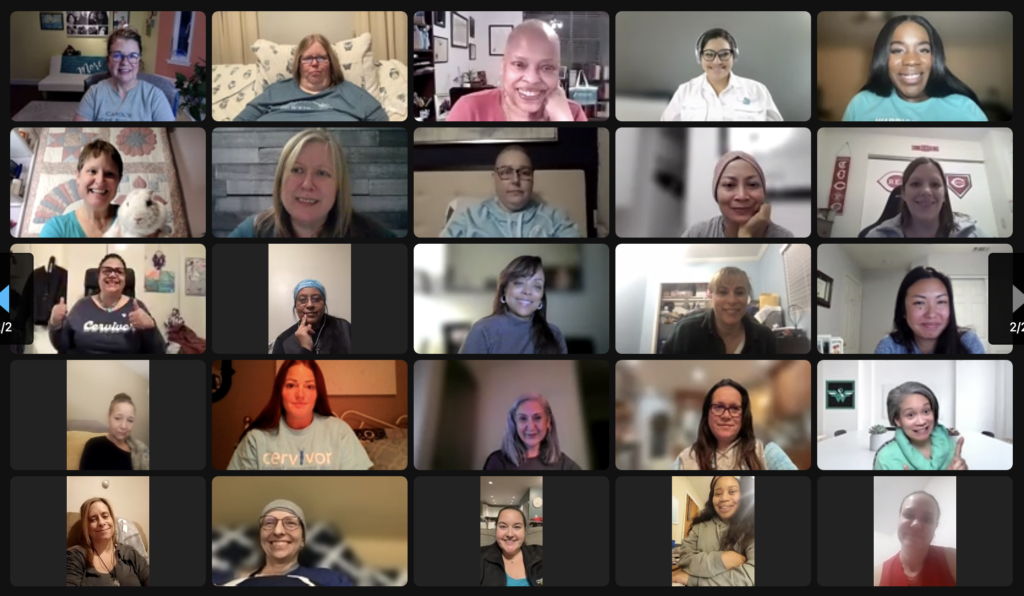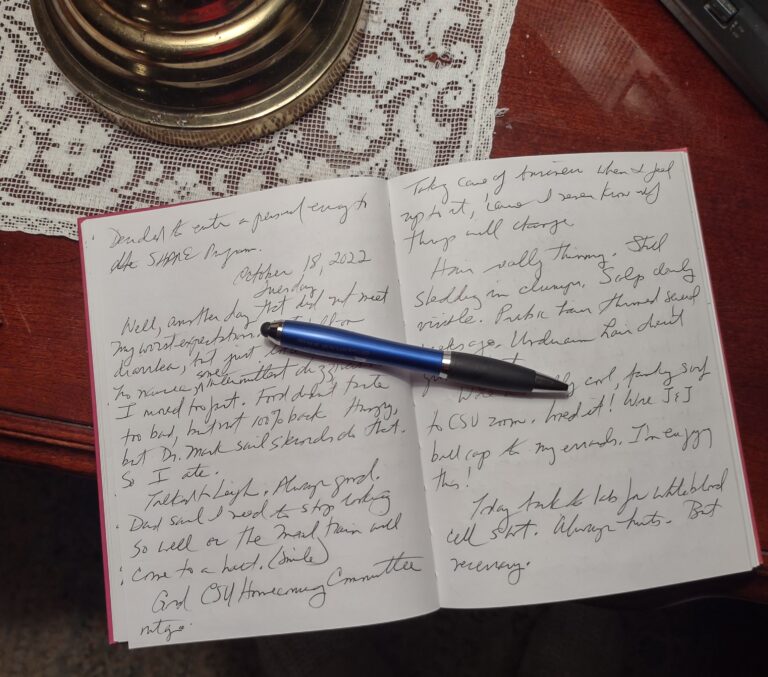Every year, over 600,000 people worldwide are diagnosed with HPV-related cancers, including cervical, anal, oropharyngeal, penile, vulvar, and vaginal cancers. In the United States alone, more than 14,000 women are diagnosed with cervical cancer annually. These statistics highlight the urgent need for awareness, education, and collective action—especially on HPV Awareness Day (March 4). The good news? Many of these cases and deaths are preventable.
The Facts About HPV
Human papillomavirus (HPV) is extremely common, with 80% of people contracting it at some point in their lives. Despite its prevalence, many people mistakenly believe that HPV only affects women. However, HPV can affect anyone, regardless of gender. One of the challenges with HPV is that it often has no visible symptoms, making it difficult to know if you have it.
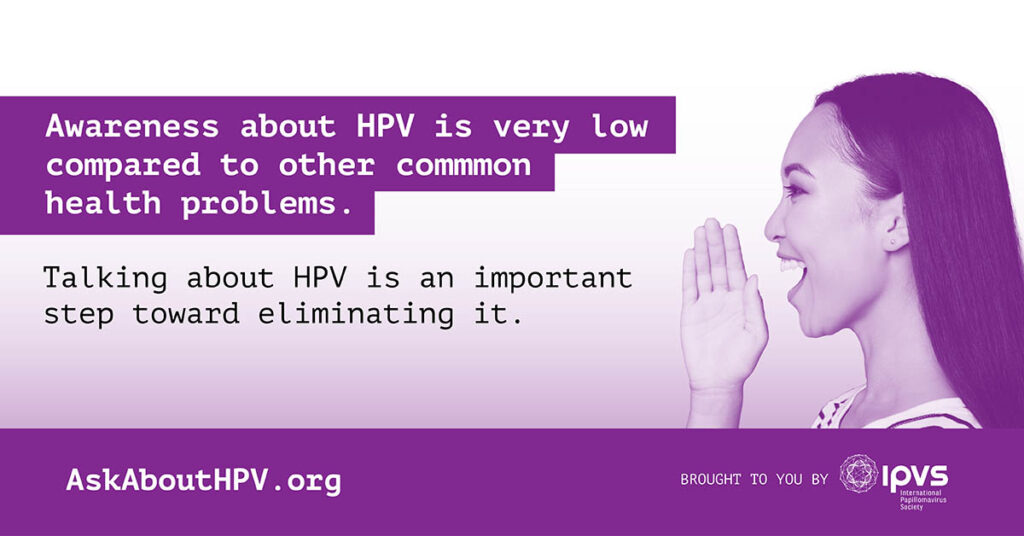
While cervical cancer accounts for most HPV-related cancer diagnoses, cases of head and neck and anal cancers in both men and women are increasing. In fact, HPV is responsible for 60,000 cancer diagnoses in men each year.
Although there is no approved screening test for other HPV-related cancers, for individuals with a cervix, cervical cancer screening can detect abnormal cells in the cervix that could develop into cervical cancer, while an HPV test indicates that the virus is present in the cervix. If you notice genital warts or have concerns about HPV, it’s essential to speak with your healthcare provider to detect and treat HPV early.
Expert Insights with Dr. Shobha S. Krishnan
Dr. Shobha S Krishnan is a renowned board-certified family physician and gynecologist with over 30 years of experience in primary care and women’s health. As the Founder and President of the Global Initiative Against HPV and Cervical Cancer (GIAHC), she has dedicated her career to combating cervical cancer and HPV-related diseases globally. Her work has taken her to various parts of the world, including rural India, where she has implemented innovative screening and treatment methods, such as visual inspection with acetic acid (VIA) and cryotherapy.

“Cervical cancer is something that we can almost completely eliminate by vaccination and screening. However, we should not even have one death, because we have the tools to prevent it.”
– Dr. Shobha S Krishnan, Future Science OA
Through GIAHC, Dr. Krishnan aims to educate providers, parents, and the public about the importance of HPV vaccination, screening, and early treatment. Despite the challenges faced in both developed and developing countries, Dr. Krishnan remains committed to making the HPV vaccine affordable, accessible, and acceptable to all. Her organization has partnered with various groups, including the American Medical Women’s Association, to raise awareness and promote education about HPV and cervical cancer. Her book, “The HPV Vaccine Controversy,” is a valuable resource for anyone seeking to understand the disease and the importance of vaccination.
Meet Morgan Newman: A Young Adult’s Journey with Cervical Cancer
At just 24 years old, Morgan Newman received the devastating news that she had stage III cervical cancer. Despite undergoing intense treatments, including chemotherapy, radiation, and a metastatic recurrence to her lungs. “I’ll admit, when I was a teenager, I was very hesitant to get the HPV vaccine. My mom begged me to get it, but I told her no because I was skeptical, and I told her it would never happen to me.”
Soon after Morgan entered the survivorship phase, she found her voice through the Cervivor community by attending a patient advocacy training. Now, 10 years later, she’s on a mission to raise awareness and empower others. Morgan proudly serves as Cervivor’s Community Engagement Liaison. “I’m lucky because I went in for a routine screening, and that’s how my cancer was detected. I’m lucky because my body responded to two journeys with cervical cancer.”
HPV-Related Cancer Survivors Share Their Stories
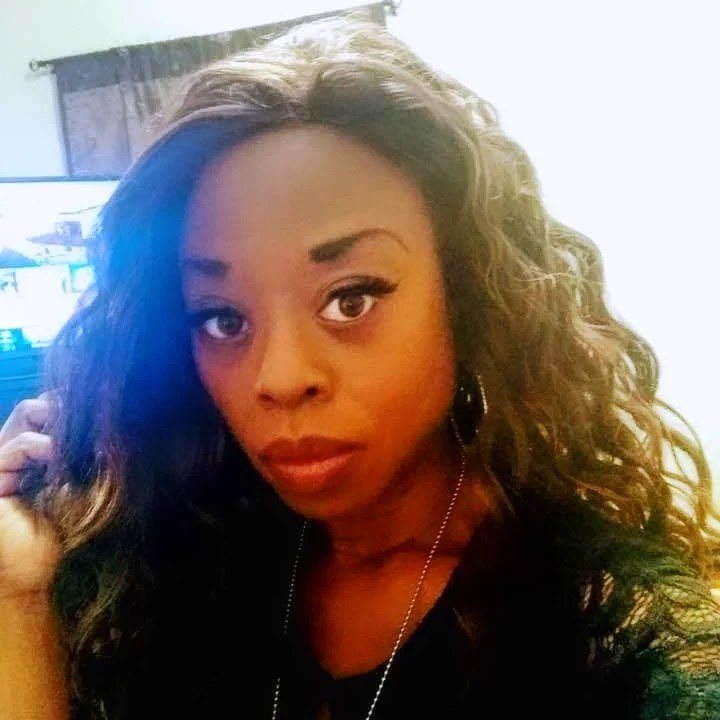
Quinn Billie Jo was diagnosed with stage III anal cancer, which severely impacted her quality of life. The tumor destroyed her sphincter muscle, causing severe issues like incontinence, and she is now scheduled for surgery, which will result in two colostomy bags, one for urine and one for fecal matter. Despite their resilience, Quinn faces the added burden of stigma surrounding anal cancer, often receiving uncomfortable reactions when sharing their diagnosis. Quinn would like to change that narrative.
Patrick, a penile cancer survivor, is advocating for increased awareness and conversation about human papillomavirus (HPV) and its link to male cancers. After being diagnosed with penile cancer in 2020, Patrick underwent life-altering surgery and treatment. He is now urging young people to get vaccinated against HPV and encouraging older men to speak openly about male cancers, emphasizing that conversations about penile cancer should be as normalized as those about breast cancer.

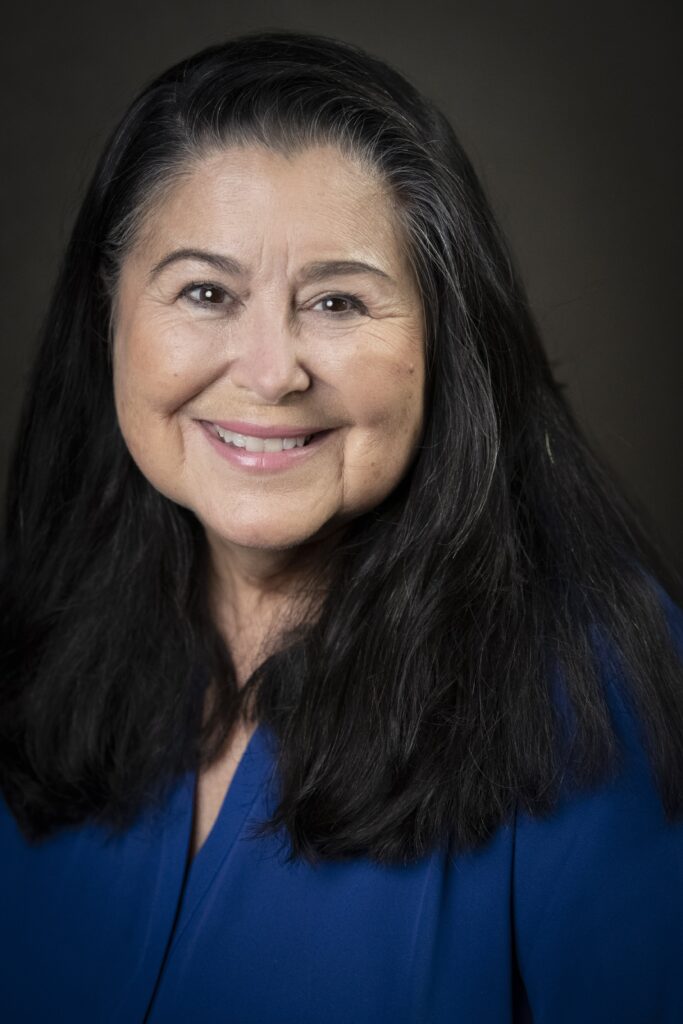
Ada, a 62-year-old single mother of two, was diagnosed with HPV-positive squamous cell carcinoma after discovering a lump on her neck, which she initially thought was a reaction to a bee sting. Following a series of medical appointments, biopsies, and surgeries, Ada underwent 33 radiation sessions and six rounds of chemotherapy. She credits the bee sting with saving her life, as it led her to discover the cancer. With the support of her loved ones, Ada successfully completed her treatment and rang the bell, symbolizing her triumph over cancer.
Teresa, a 40-year-old Black woman, was diagnosed with vulvar cancer after visiting her doctor about a persistent bump on her vulva. Despite her initial calm demeanor, Teresa’s world was turned upside down when her doctor revealed that the cancer was more aggressive than anticipated. After undergoing two surgeries, including a node dissection, Teresa was relieved to learn that the cancer had not spread to her lymph nodes. Now cancer-free, Teresa advocates for HPV vaccination, particularly among young Black women, who she believes are more vulnerable to the virus. She emphasizes the importance of early detection and encourages open conversations about vulvar cancer to combat shame and stigma.
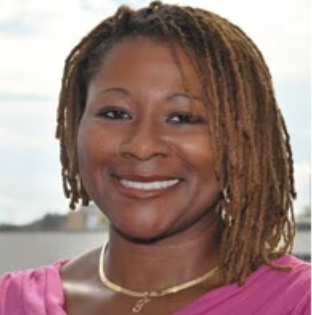
A Call to Action: Eliminating HPV-Related Cancers
So, what can you do to help eliminate HPV-related cancers? The answer is simple: Every action counts, every voice matters, and every choice can make a difference. By taking control of our own health, sharing our stories, and supporting others, we can create a ripple effect that spreads far and wide. Here are some ways you can join the movement:
- Get Informed: Learn about HPV, its risks, and the importance of vaccination and screening. Share this knowledge with others to help spread awareness.
- Get vaccinated: The HPV vaccine is available for both males and females and can protect against certain types of HPV that can cause cancer.
- Get screened: Regular cervical cancer screening can help detect abnormal cell changes early, when they’re easier to treat.
- Share your story: If you or someone you know has been affected by HPV-related cancer, share your story to help raise awareness and support others.
The statistics are staggering, the stories are heart-wrenching, but the message is clear: We have the power to eliminate HPV-related cancers. By sharing our stories, educating ourselves and others, getting vaccinated, and getting screened, we can create a world where no one has to suffer from these preventable diseases.
“Our stories are powerful, but they’re so much more impactful as a collective voice.” – Morgan Newman
Let’s continue to break the silence, let’s shatter the stigma, and let’s unite in our quest for an HPV cancer-free future. Join the movement, share your voice, and together, we can make a difference.
